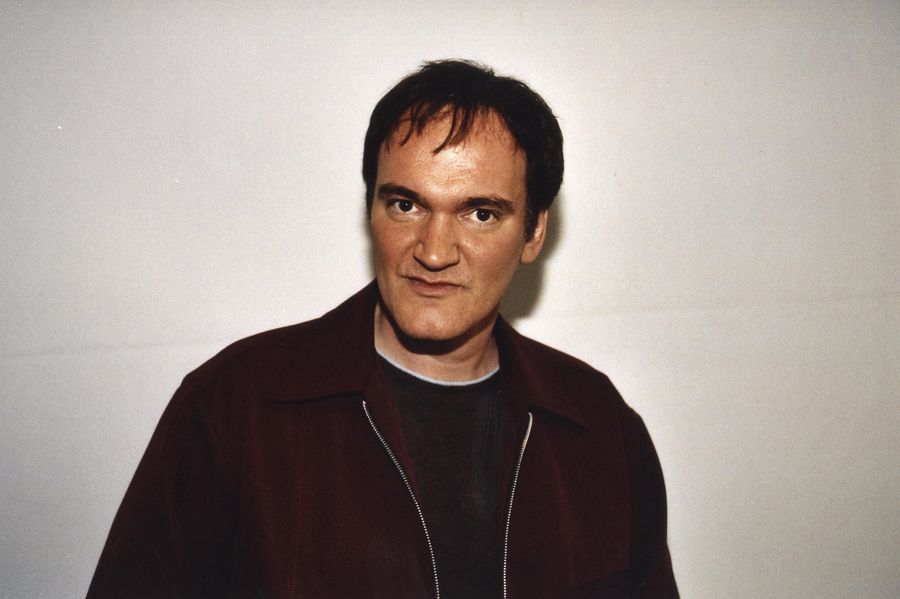As one of the late 20th century’s most prolific filmmakers, Quentin Tarantino helped to educate a whole generation of budding filmmakers and culture vultures about the world of cinema, introducing fans to the likes of Akira Kurosawa and Sergio Leone through his own work. Sparking a cinematic subculture, Tarantino’s early works, Reservoir Dogs and Pulp Fiction, became cult icons of teenage subversion.
With an encyclopedic knowledge of seemingly every facet of cinema, director Quentin Tarantino grew up in Knoxville, Tennessee and worked at a video store in his youth to build up his extensive knowledge of the industry. Preferring to simply watch and learn from cinema instead of attending film school, Tarantino immersed himself into the world of monochrome Japanese samurai cinema as well as the thrillers of the horror genre before creating his very first film, My Best Friend’s Birthday, in 1987.
Quentin Tarantino was able to hone and perfect his knowledge of cinema through working at the video store, often recommending films to visitors and even steering them away from titles that were not to his liking. As he told The Talks: “[My] head is a sponge. I listen to what everyone says, I watch little idiosyncratic behaviour, people tell me a joke, and I remember it. People tell me an interesting story in their life, and I remember it”.
For most people reading this article, the easiest way to consume one of the director’s masterworks is to stream the film from Netflix, Amazon or one of the other many streaming services that have inundated our devices in the past few years, an unfortunate truth for Tarantino who still remains nostalgic for video rental stores.
In a rare interview, Tarantino outlines his dislike for sites like Netflix in comparison to old shops like Blockbuster, as the director recalls, “There was a different quality to the video store. You went down to the video store, you looked around, you picked up boxes, you read the back of the boxes — you made a choice”. Deconstructing the very ‘event’ of going to the video store, the director explains the joys of talking to “the guy behind the counter” and discovering something new that you wouldn’t have otherwise discovered.
“There was more of a commitment to what you ended up getting” Tarantino further explains, lamenting the thoughtlessness of endlessly scrolling through Netflix only to become bored by your own choice. Describing the experience of streaming a film, the director exclaims, “maybe you watch it for 10 minutes or 20 minutes, and maybe you start doing something else, and [you decide], ‘Nah, I’m not really into this.’ And then that’s kind of where we’ve fallen into”.
The Pulp Fiction filmmaker is undoubtedly right too, with a certain passion lost in the ease of streaming a movie online, without the human interaction of a video store. Explaining the difference, Tarantino asserts, “You were kind of invested in a way that you’re not invested with electronic technology when it comes to the movies…In a weird way, what’s lost is commitment”.
Just how streaming services have changed audiences’ relationship with cinema is still yet to be properly understood, though as Tarantino rightly points out, “It’s very sad to me…no ones looking back and they don’t really care”.
